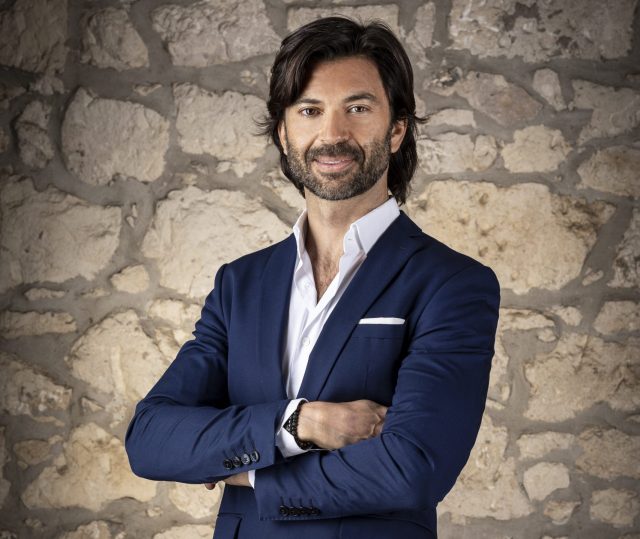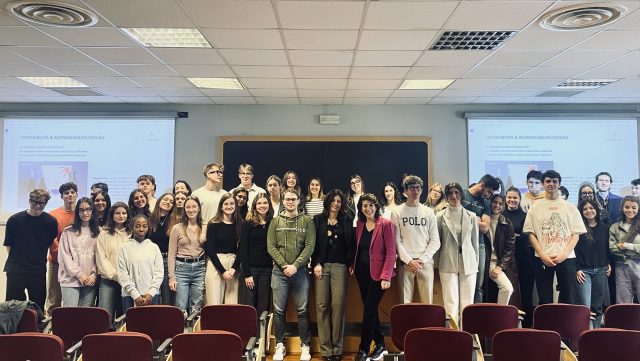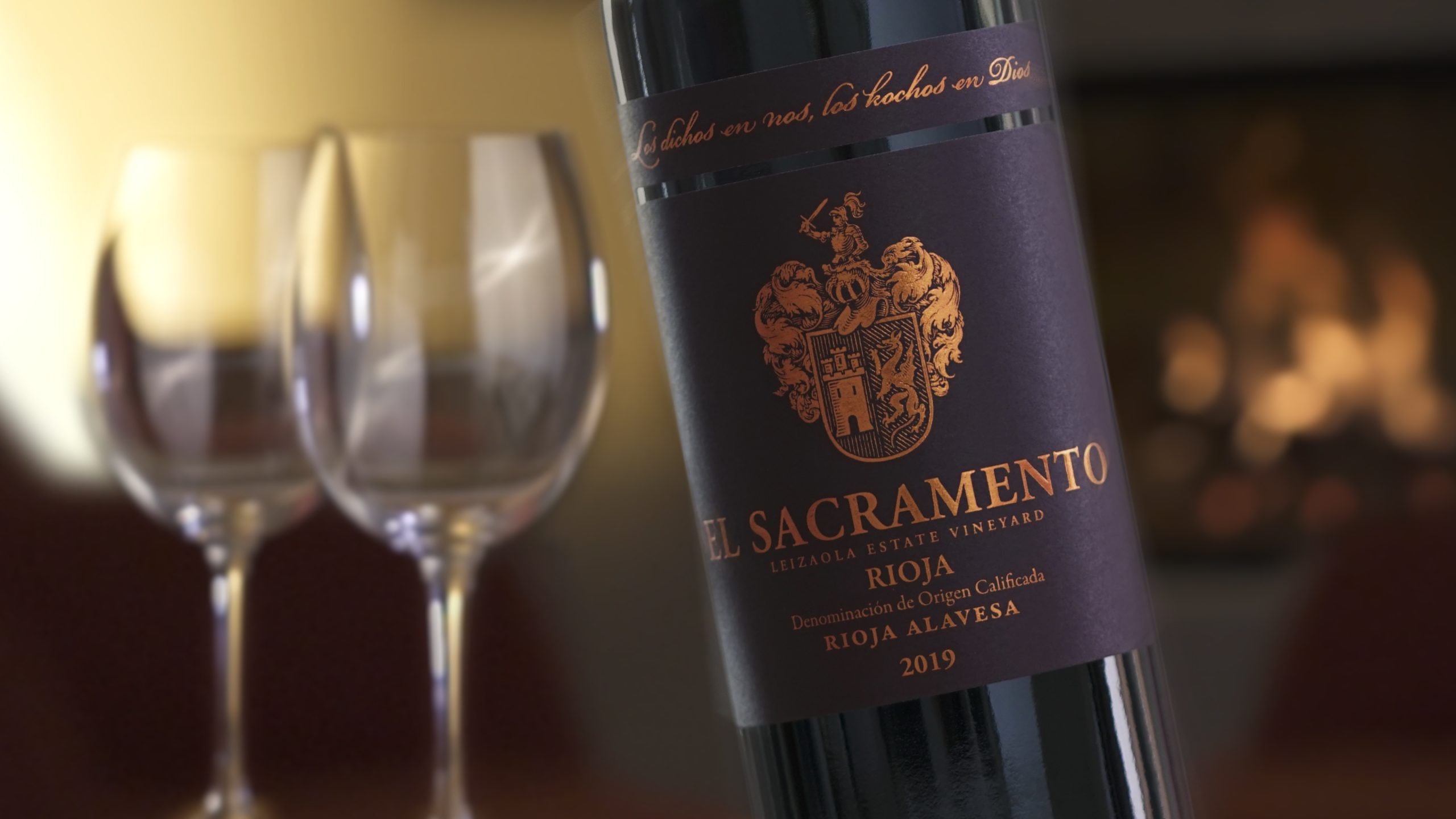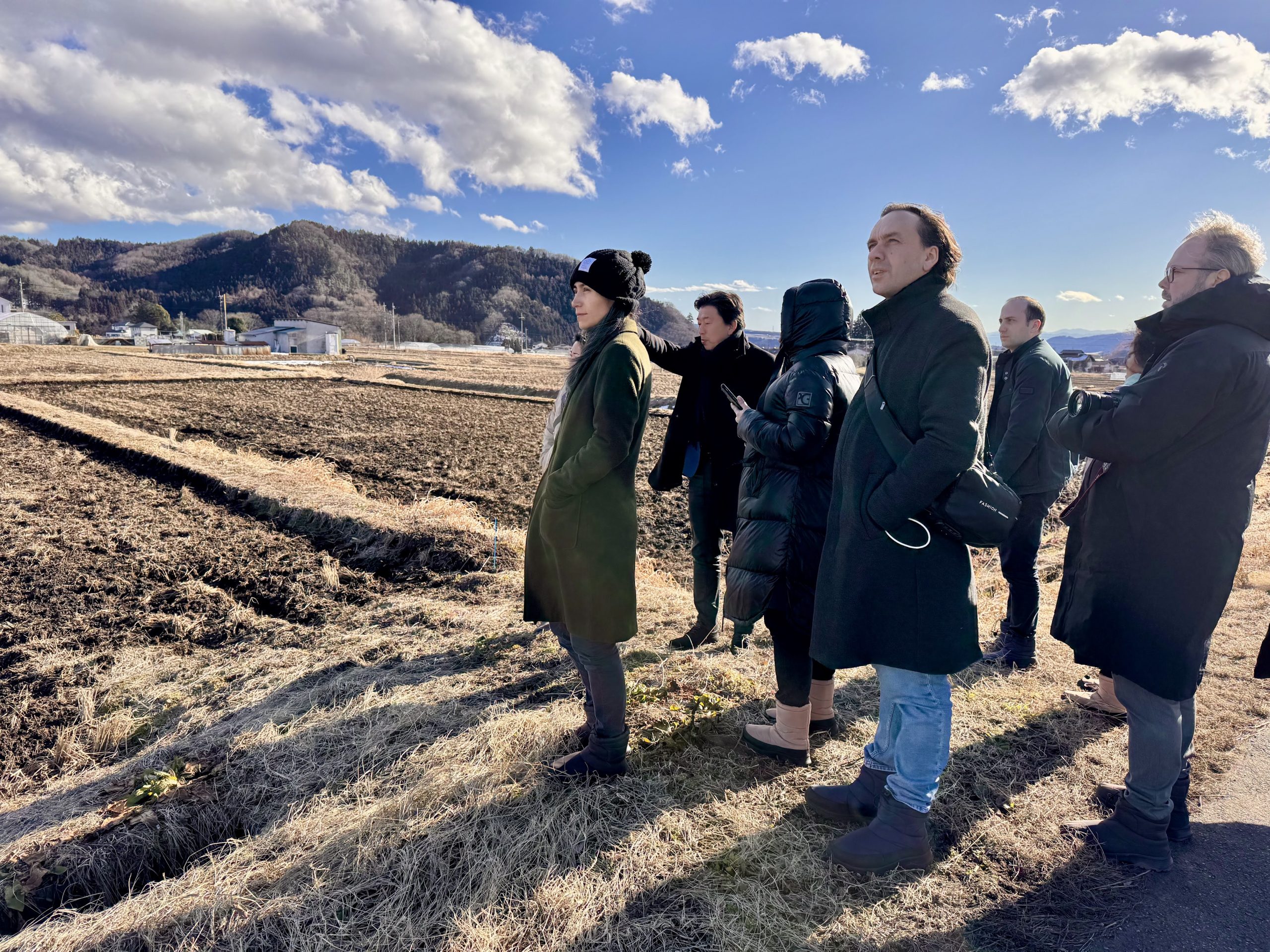Why Zonin1821 is launching a wine academy
By Louis ThomasItalian drinks giant Zonin1821 has launched an academy to promote the culture and values of wine. Louis Thomas discovered more from group vice president Francesco Zonin at this year’s Vinitaly.

“The market cannot evolve without the culture and value of the wine world,” Zonin explained. “First of all, ‘wine’ is a word that means different things – one of the most difficult parts of the wine business is how fragmented it is, in terms of consumers and productions. In Italy, the number of appellations we have is a nightmare to understand, even for an Italian! Then you have Spain, France, the US, Chile, Argentina, New Zealand etc. – the whole system is quite confusing, but it has plenty of nice stories of family history and values, and the culture that we were born into [in Italy], but maybe isn’t there in Japan, and without that culture and tradition it is harder to understand some wines.”
For Zonin1821, which has a turnover of approximately €200 million, exporting 85% of its production (according to 2022 data from the company), it hopes to educate people on both “value” and “history” in the wine world, especially through the lens of ‘Made in Italy’, the national initiative to promote Italian businesses and products.
“The idea is not only to continue to developing our export network, which is now at 140 countries, but to change how we interact with our consumers and our partners,” he continued. “The chain between producer and consumer is pretty long, so along this chain it is easy to miss the chance to explain the value and the history of the wine.”
“We need to tell our story and how we work – we need to explain what we’re doing in the way of sustainability, and why we’re doing it. The intangible part of wine is as important as the tangible part.”
History lessons
For Zonin, a huge part of understanding the modern wine world is understanding how it was half-a-century ago.
“If we look back to the 1970s, when Italy started to understand that you have to invest in quality, anybody who made very good wine then would be successful. In the 1980s there were re-plantings across Italy, and the average quality of Italian wine dramatically increased, and now the market is full of quality wines – so how can you stand out and be successful? We have 200 years of history, and we try to sustain our business in an ethical way – that is as important as what’s inside the bottle.”
“To make a good wine you don’t need a lot of technology, you need a lot of know how,” he argued. “You can’t buy that knowledge, you need experience. There’s so many little things needed to turn a good wine into a great one – and that takes decades to learn.”
In the case of the company, it has been two centuries in the making, though Zonin suspects that results from the academy will take somewhat less time to materialise.
“This is a generational business, you can’t achieve everything you want to in two years – but with this academy probably in 10 years we will start to see an effect.”
He also suggested that part of the reason why younger consumers aren’t consuming wine as enthusiastically as older generations is because efforts haven’t been made to properly introduce them to it in the first place.
Partner Content
“You know what is missing? A hand to put a bottle of wine on the table. In the past the wine wasn’t as good, but we’re missing opportunities.”
However, while he said that wine quality has undoubtedly skyrocketed over recent decades, there is no place for snobbery, particularly when trying to engage people in the world of wine: “I always say that the difference isn’t between good wine and bad wine – it is between the wine you like, and the wine you don’t like. You bought your car because you like it, you dress this why because you like it, why can’t you buy wine just because you like it?”
Education, education, education
In a bid to reach out to a younger cohort that many in the wine industry seem to have written off as a generation of teetotallers, the company is collaborating with educational institutions.
“We are working with universities, because we want to create the managers of the future, who understand that the wine business is not only about making wine, but also how to sell it correctly, and who also understand that it’s not just about numbers on a spreadsheet, but about culture. We are trying to create a different type of manager, a different type of ambassador, someone who can help us in the future to market the wine in the right way,” Zonin revealed. “The market is very fragmented – we can talk about the age of the soil and roots, but a 25-year-old might just think ‘I don’t care about that’. Not all communication can be about the product.”

Among the Italian schools and universities that Zonin1821 is organising lectures and study courses with are SDA Bocconi, IULM, Università Cattolica del Sacro Cuore, Ca’ Foscari University of Venice, MIB Trieste School of Management, Scuola Superiore Sant’Anna of Pisa, University of Salento and the University of Palermo. The group is also a part of the Program Advisory Committee of the Global Master’s in Business Administration in Food and Wine at Bologna University Business School.
“In the US we will probably start with the University of Miami,” he shared. “We are trying to bring the academy into markets that are either important for Italian wine overall, or for us – the UK, for sure.”
In the UK, the company is collaborating with King’s College London.
Students will also have the opportunity some of the company’s estates, ranging from Castello di Albola in Chianti Classico to Sicily’s Principi di Butera.
This year, Zonin1821 has also pledged to deliver more than 2,000 hours of training on wine culture, sustainability and even English language skills to its employees.
Related reading:
What does the future hold for Pinot Grigio?
Related news
WWE legend goes viral after Napa wine tasting
Favourite kosher wine 'impossible to find' due to trade war
Piccolo power: why Henkell's small bottle has stood the test of time




